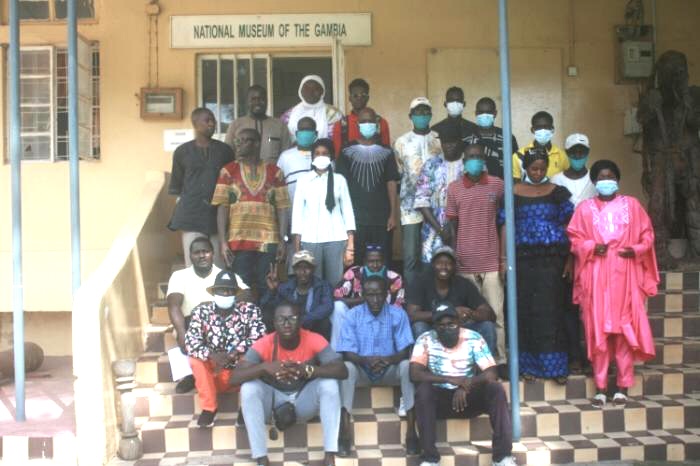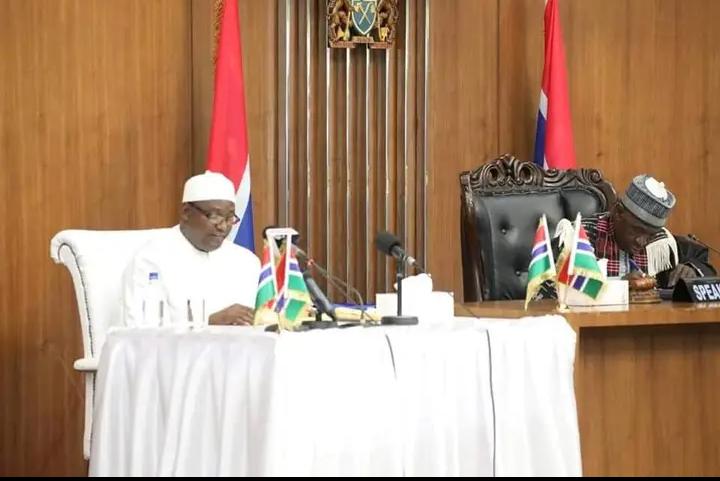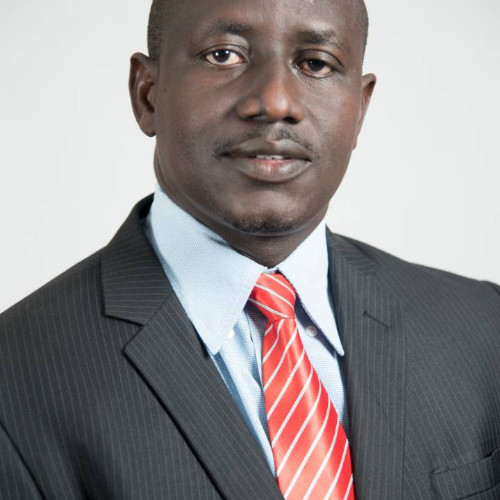The National Centre for Arts and Culture (NCAC) in conjunction with tour guides, UNESCO World Heritage Site attendants and teachers at UNESCO World Heritage Sites in The Gambia have validated worksheets on UNESCO World Heritage Sites. The validation forum took place during a daylong organised information kit and worksheets workshop held at the National Centre for Arts and Culture, Banjul in August 2021.
Validated information kit and worksheets are meant for the use of visiting students to these sites under the project ‘World Heritage is a Treasure for Life’: Building Knowledge and Awareness of World Heritage Conservation, Intercultural Learning and Exchange, Girls’ Empowerment Through Educational Activities at Gambian UNESCO World Heritage Sites.’
The project is funded by the German National Commission for UNESCO and the German Foreign Ministry through their SOS African Heritage Project. “For too long the school visits to The Gambia UNESCO World Heritage Sites were premised on site tour and museum tour. The Gambian schools were closed for seven months between April 2020 and January 2021 due to Covid-19 restrictions.
“Through this project, we want to assuage these impairments. First, to develop educational materials such as information kits, worksheets and supplementary reading materials based on the Outstanding Universal Values(OUV) of these World Heritage Properties for use by pupils to add value to visiting the sites,” explains Mamat Sallah, assistant director, Museums and Monuments, NCAC.
He added that the project would use the UNESCO World Heritage Education Programme as a model and theoretical framework. “In this Programme, young people learn about World Heritage sites, about the history and traditions of their own and other cultures, about heritage conservation and the importance of protecting heritage to sustain cultural diversity and tourism.
According to him, students become aware of the threats facing the UNESCO World Heritage Properties/sites. Most importantly, students will discover how they can contribute to heritage conservation, and make themselves heard in heritage management at community level,” he explained.
Appreciating the validation, some of the tour guides from Fort Bullen and Barra affirmed that the worksheets and information kit will attract the interest of hundreds of Gambian school children who come to visit the sites during school excursions.
They added that it would also add value to their short stay at the UNESCO World Heritage Sites, while their teachers from Albreda echoed similar sentiments that school visit will now be more worthwhile as students will see and also do exercises related to the sites.
Hassoum Ceesay, director general, NCAC, thanked the German National Commission for UNESCO for the support, which he said started in 2020 when over 60 youth from Gambian UNESCO World Heritage Site communities were skilled in tour guiding and other activities to support them make a living in their heritage rich communities.
By Dawda Baldeh






Leave A Comment